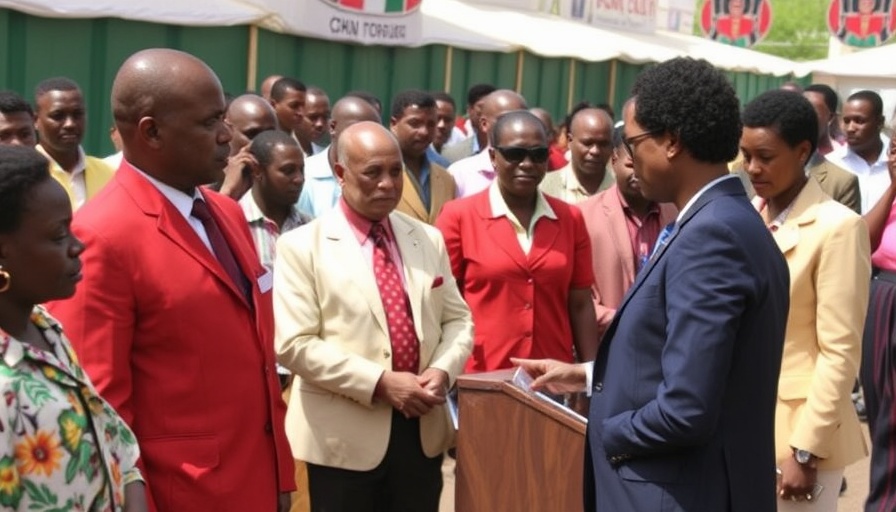
Kenya's Electoral Commission Faces Critical Challenges
The effort to reconstruct Kenya's electoral commission has encountered significant obstacles as opposition leaders express serious concerns over the selection process. These leaders, most notably former Vice-President Kalonzo Musyoka and former Justice Minister Martha Karua, have alleged that there is a conspiracy aimed at appointing a chairman who would be favorable to both President William Ruto and former Prime Minister Raila Odinga. The appointment of the new chairman is critical, given the commission's turbulent history and the urgency of upcoming elections.
The Context of Electoral Changes
Since the last three commissioners of the Independent Electoral and Boundaries Commission (IEBC) departed in January 2023, the organization has been seen as increasingly dysfunctional. With about two years left for a new team to be appointed, the timeline for necessary electoral reforms and preparations becomes alarmingly tight. These reforms include boundaries delimitation, voter registration, and significant civic education campaigns, all of which are indispensable for instilling trust in a commission rife with past controversies.
Implications for Future Elections
The commission's effectiveness is paramount, especially given that the next general elections are on the horizon. The new team is also expected to oversee an audit of previous electoral processes to restore public confidence. The integration of technology in past elections aimed at improving transparency has not fully mitigated the systemic issues that have plagued the country. Disputes originating from the controversial 2007 elections, which resulted in widespread violence, continue to influence the political landscape today.
Expectations from the New IEBC
The new commission is tasked with not only rectifying past mistakes but also ensuring that the democratic process functions smoothly. With senior political figures from both sides of the political aisle seemingly working together in a broad-based government arrangement, questions arise about whether the promised changes will genuinely embody the democratic ideals needed to navigate Kenya's pivotal political landscape. The paradox of leaders who once were adversaries now coalescing raises skepticism among the electorate regarding their commitment to genuine reforms.
Potential Consequences on Governance in Africa
As Kenya approaches its next electoral cycle, the developments surrounding the IEBC hold significant implications beyond its borders. The stability of African nations hinges on the effectiveness of their electoral processes. A failure in Kenya could resonate throughout the region, impacting Africa’s stature in global discussions related to governance and democracy. Thus, stakeholders in governance both within and outside of Africa must closely monitor these unfolding events.
The tension surrounding the hastily constructed commission serves as a stark reminder of the fragility inherent within political frameworks in Africa and the necessity for genuine reconciliation and reform to foster trust and effectiveness in governance.
 Add Row
Add Row  Add
Add 


Write A Comment